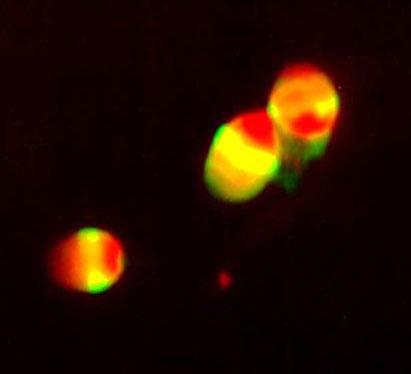Fertility in space

In the absence of gravity, the body perceives many changes: among others, muscle atrophy and bone fragility. Now, thanks to research conducted by NASA, another problem has been discovered that arises in space: without gravity, sperm behavior is different from that of Earth. Although it is pending to clarify how it affects fertility, it is not questioned that it has influence.
In 1988, the behavior of bullfighting sperm in an ESA rocket was analyzed. Apparently, in an environment without gravity the sperm had greater mobility, so it was considered to increase fertility.
However, NASA researchers have analyzed the sperm behavior of sea urchin and said the issue is more complicated. Under normal conditions, sperm movement begins with a phosphorylation process. Then a chain of reactions is launched between which a phosphatase modifies the movement of the sperm tail. But the lack of gravity in space causes phosphatase activity to change. Although this implies an increase in mobility, researchers believe that an increase in fertility cannot be deduced. In fact, if it affects phosphatase activity, the activity of other enzymes can also change and many enzymes intervene in fertility.
In this study, it has also been studied how hypergravity (for example, when launching the rocket) affects the movement of sperm, observing that they slow down. Changes in phosphorylization appear to occur and have shown that fertility decreases by 50%.
Sperm are so small that gravity has so much influence, according to researchers. They still do not know how gravity affects the cell, but if human beings are to spend long periods of time in space, more research will be needed.
Buletina
Bidali zure helbide elektronikoa eta jaso asteroko buletina zure sarrera-ontzian











